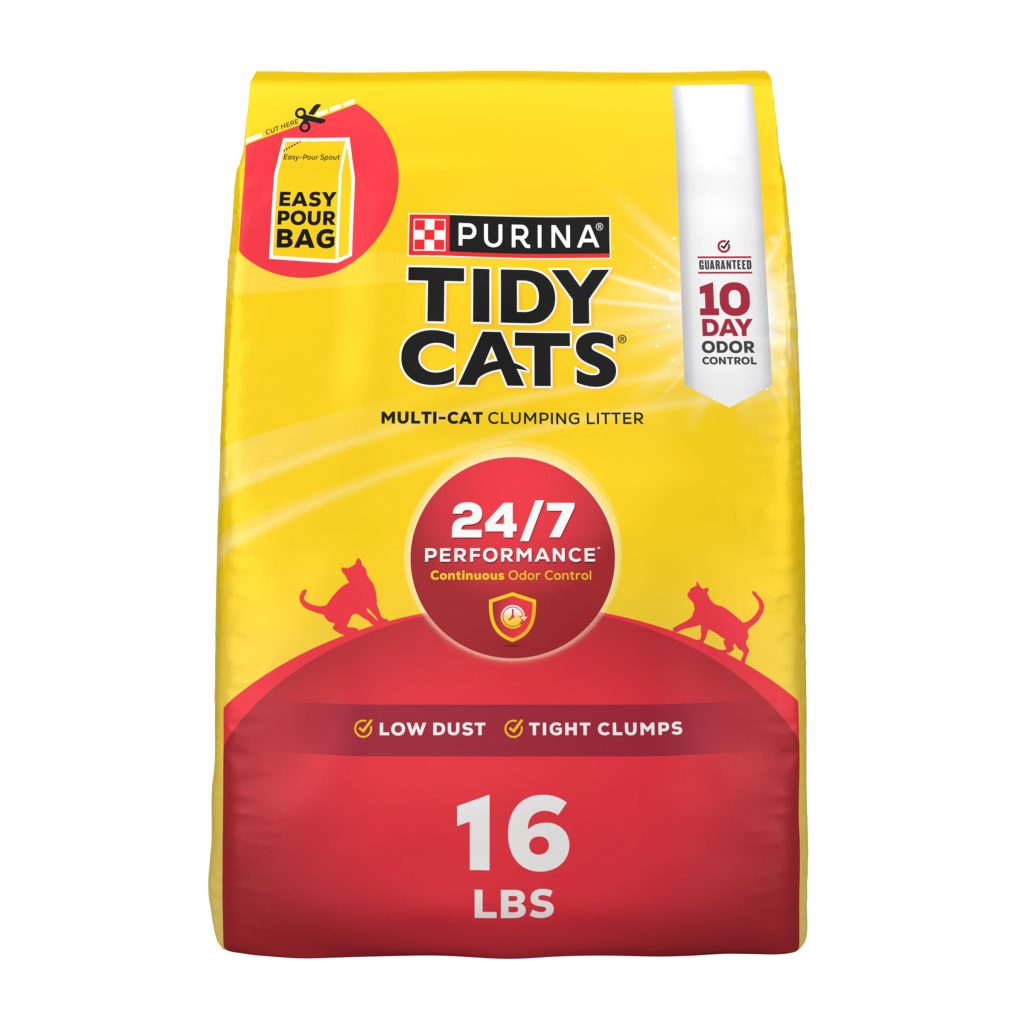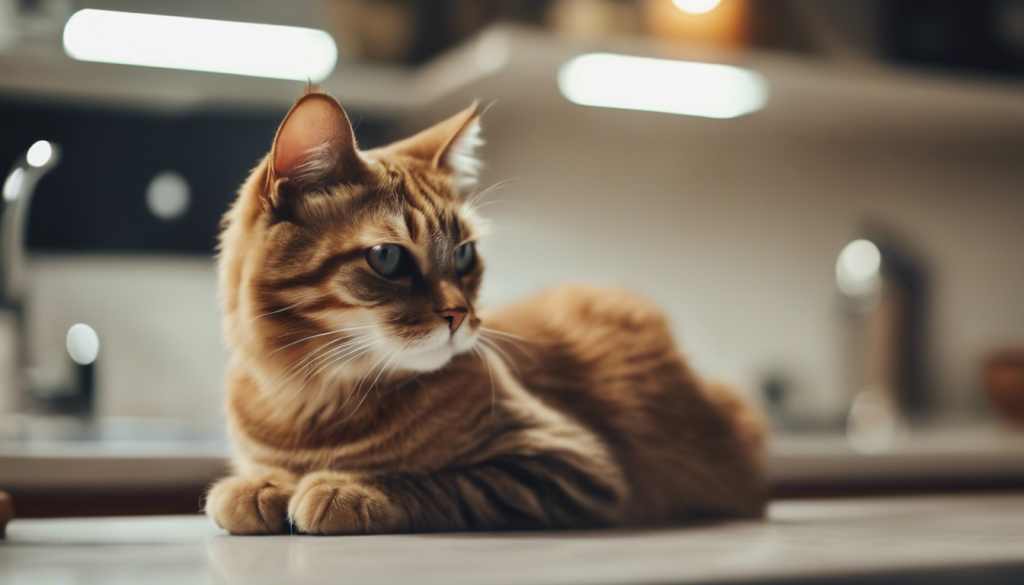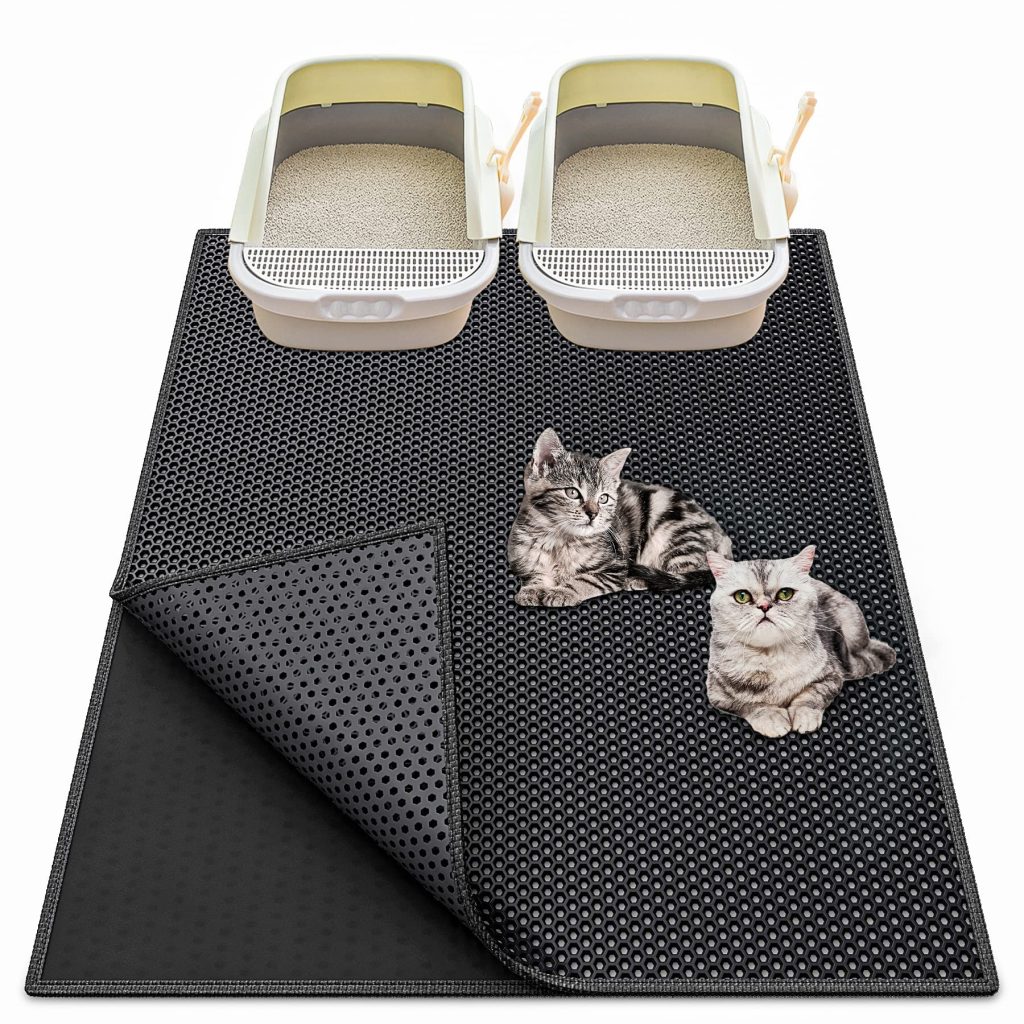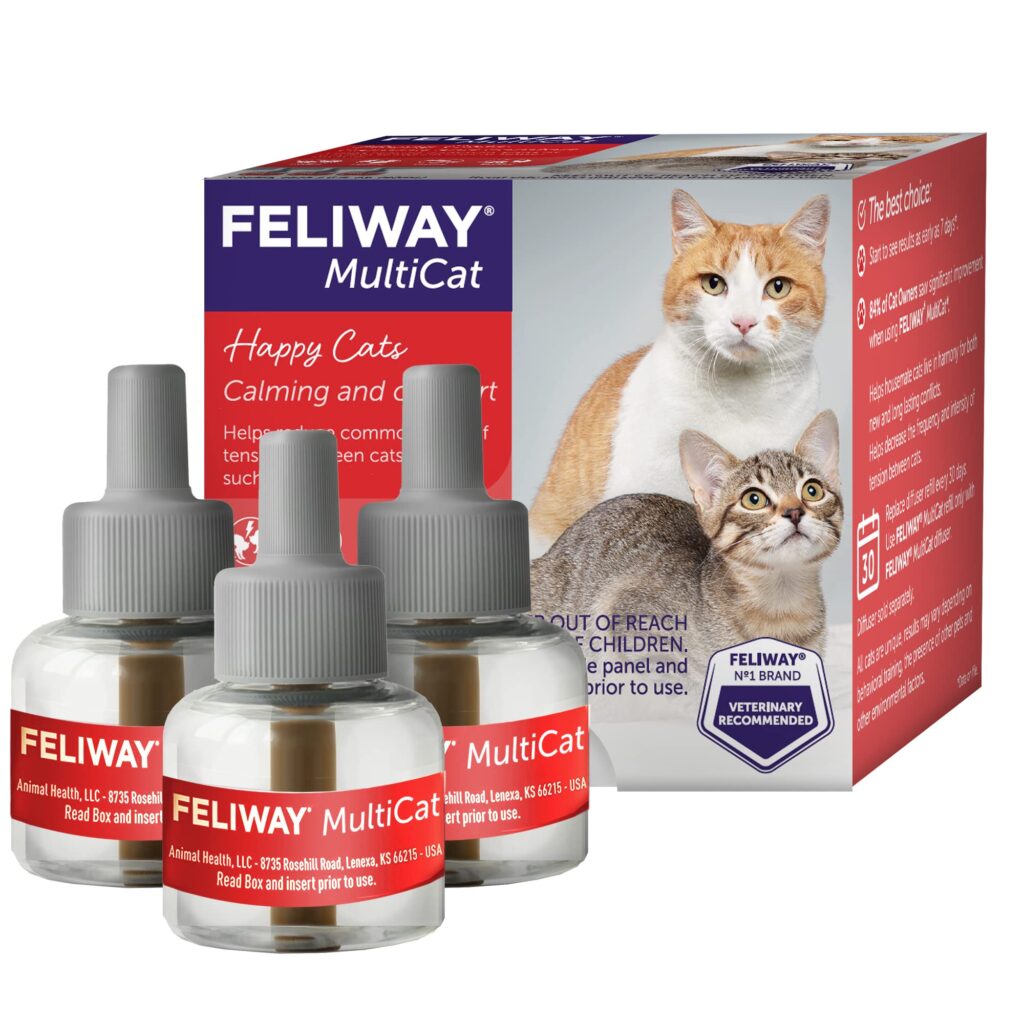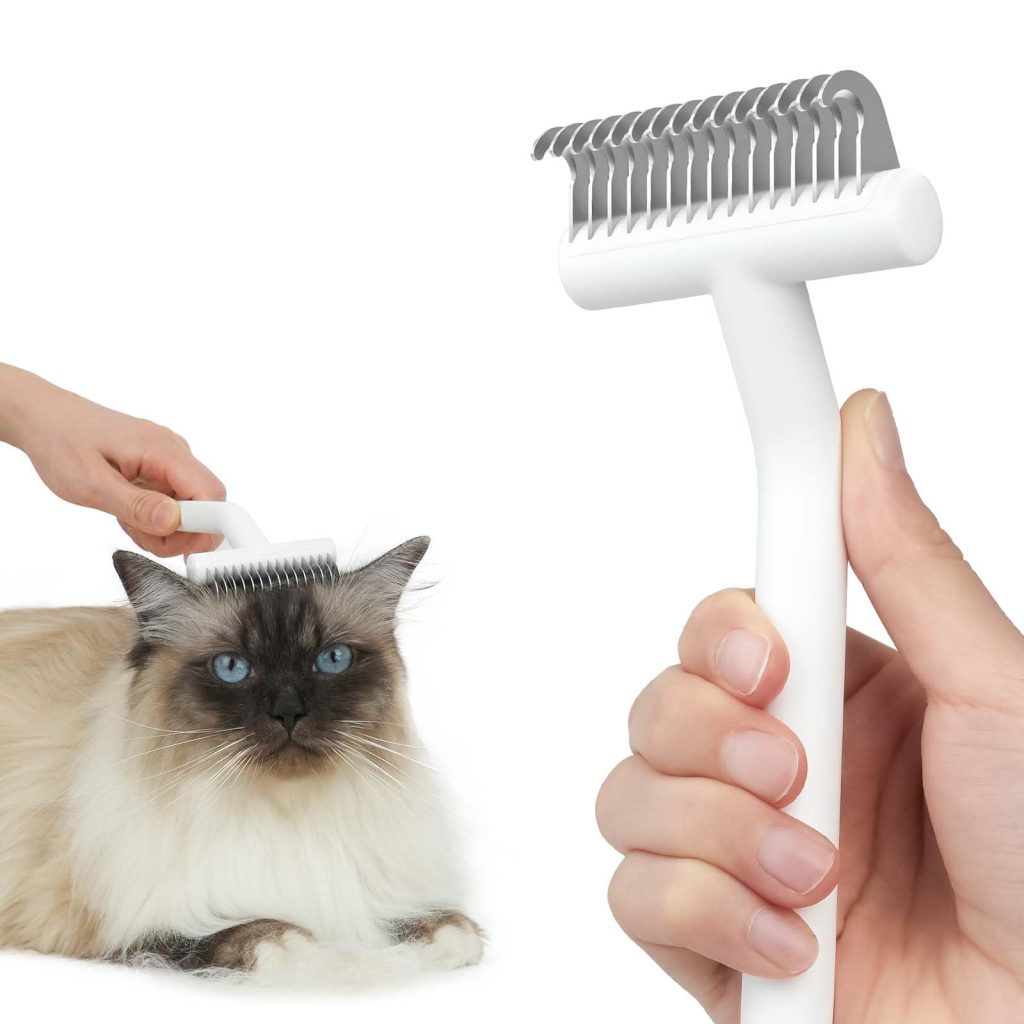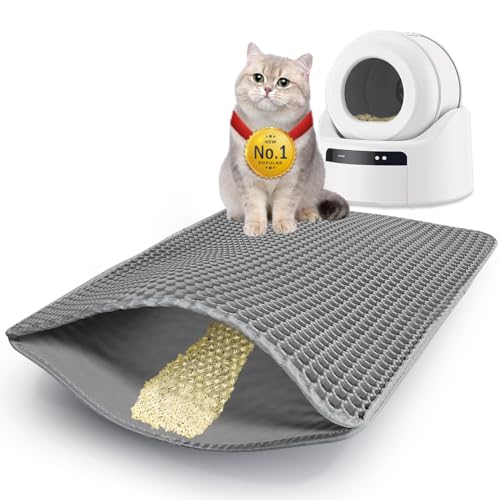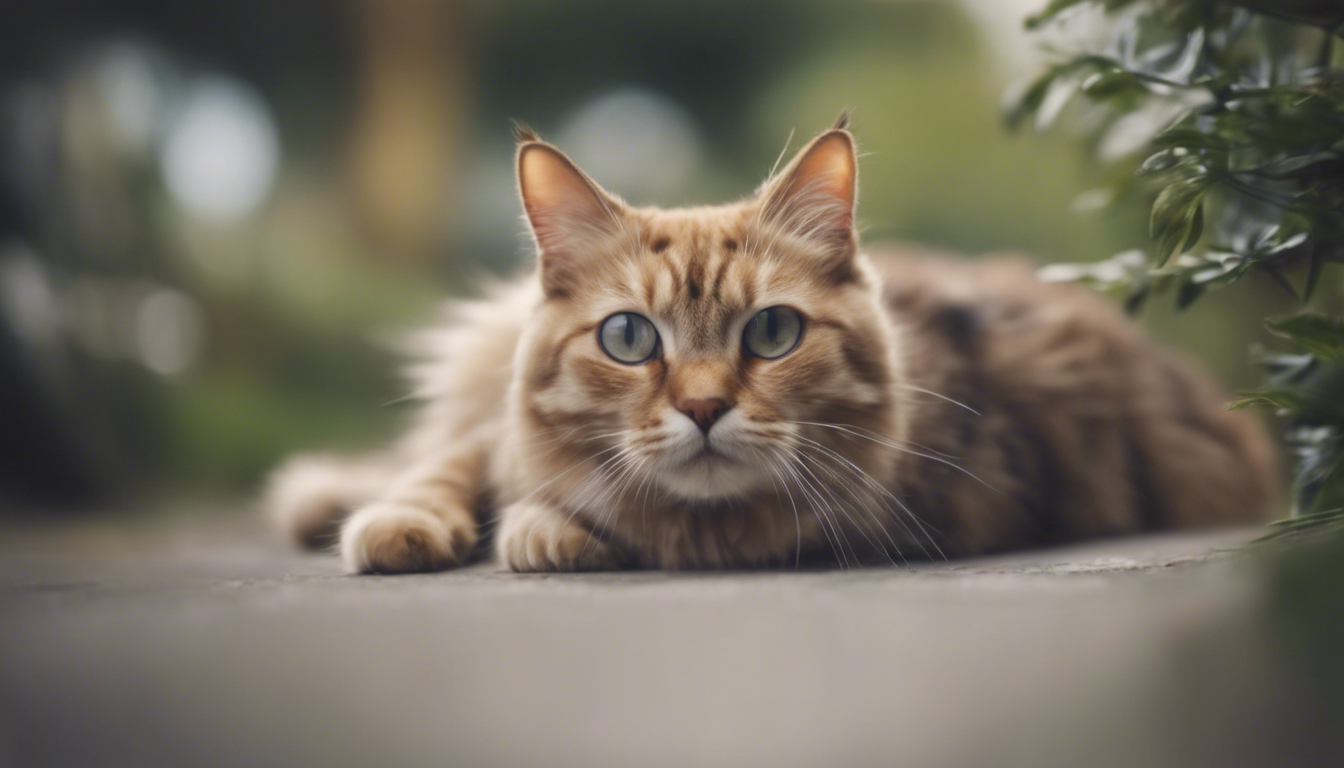
The Manx is a unique and fascinating breed of cat that hails from the Isle of Man. Known for its lack of a tail, the Manx is a captivating feline with a host of breed-specific traits and characteristics. Understanding these traits, as well as the strengths, weaknesses, and care guidelines for the Manx, is essential for providing the best possible care for this remarkable cat.
Breed-Specific Traits
The most recognizable trait of the Manx is its taillessness or short tail. This genetic mutation gives the breed its distinctive appearance. However, not all Manx cats are entirely tailless; some may have a small stump or a short tail. Apart from its unique tail, the Manx has a compact and muscular body with hind legs that are longer than the front legs.
Strengths
The Manx breed boasts several strengths that make it an excellent choice for cat lovers. Firstly, Manx cats are known for their exceptional hunting skills. Their strong hind legs allow them to pounce with incredible power and precision, making them highly efficient hunters. Secondly, Manx cats are generally very affectionate and loyal to their owners. They form strong bonds with their human companions and enjoy being a part of the family.
Weaknesses
While the Manx is a remarkable breed, it does have a few weaknesses that potential owners should be aware of. Due to the genetic mutation responsible for their taillessness, Manx cats can sometimes suffer from spinal issues. This can lead to conditions such as Manx Syndrome, which can cause bowel and bladder problems, as well as mobility issues. It’s essential to monitor the health of the cat closely and seek veterinary care if any issues arise.
Temperament
Manx cats are known for their playful and active nature. They have a reputation for being intelligent and curious, constantly exploring their surroundings. However, they also enjoy quiet moments and appreciate opportunities for relaxation. Manx cats often form strong bonds with their family members and can be quite affectionate and social. They generally get along well with children and other pets, making them a great addition to any household.
Exercise Needs
Manx cats have moderate exercise needs, requiring regular playtime and mental stimulation. Interactive toys, puzzle feeders, and scratching posts can all help keep them active and engaged. Indoor play sessions or access to a secure outdoor area where they can explore safely is essential for their overall well-being.
Potential Health Issues
As mentioned earlier, Manx cats are prone to spinal issues due to the genetic mutation that affects their tail. Manx Syndrome is a serious condition that can cause a range of problems such as urinary tract issues, constipation, or paralysis. Regular veterinary check-ups are important to monitor and address any potential health concerns promptly.
Grooming Requirements
The Manx breed has a dense double coat that requires regular grooming to prevent matting and hairballs. Weekly brushing sessions with a soft-bristle brush or a stainless steel comb are usually sufficient to keep their coats looking sleek and healthy. Additionally, routine nail trimming, teeth brushing, and ear cleaning should be part of their grooming routine.
Dietary Recommendations
Feeding your Manx a balanced diet is important for its overall health and well-being. Choose high-quality cat food that provides a well-balanced mix of essential nutrients. Avoid overfeeding, as Manx cats can be prone to weight gain, leading to potential health issues. Consult with your veterinarian to determine the appropriate feeding schedule and portion sizes based on your cat’s age, weight, and activity level.
The Manx is a remarkable breed with its distinct appearance and unique characteristics. While it has a few weaknesses associated with its genetic mutation, proper care, regular veterinary check-ups, and a nutritious diet can help ensure a happy and healthy life for your Manx. By understanding the breed-specific traits, strengths, weaknesses, and care guidelines outlined in this article, you’ll be well-equipped to provide the best care possible for your Manx cat.
